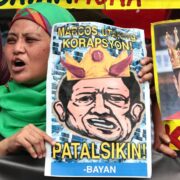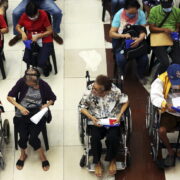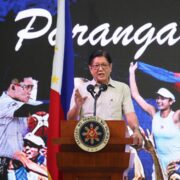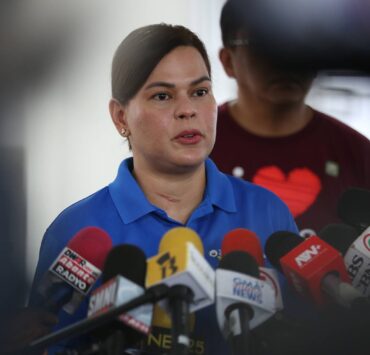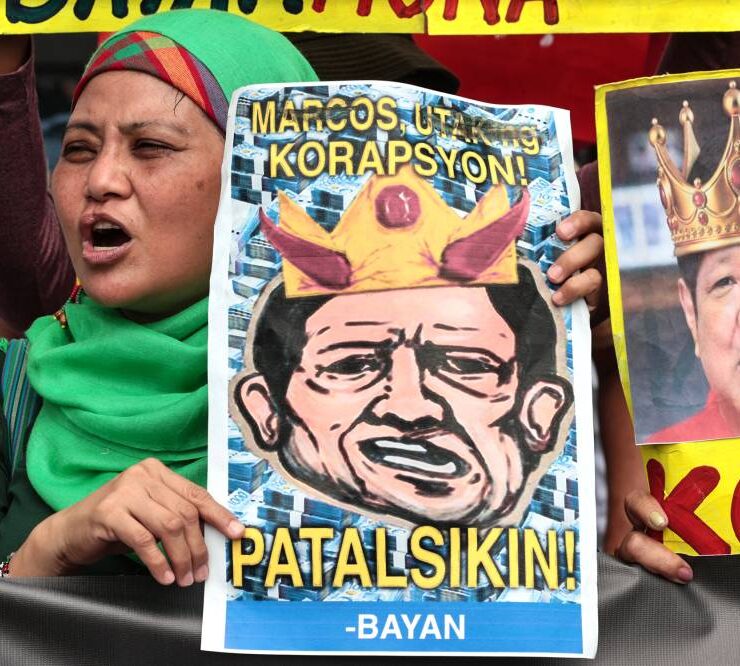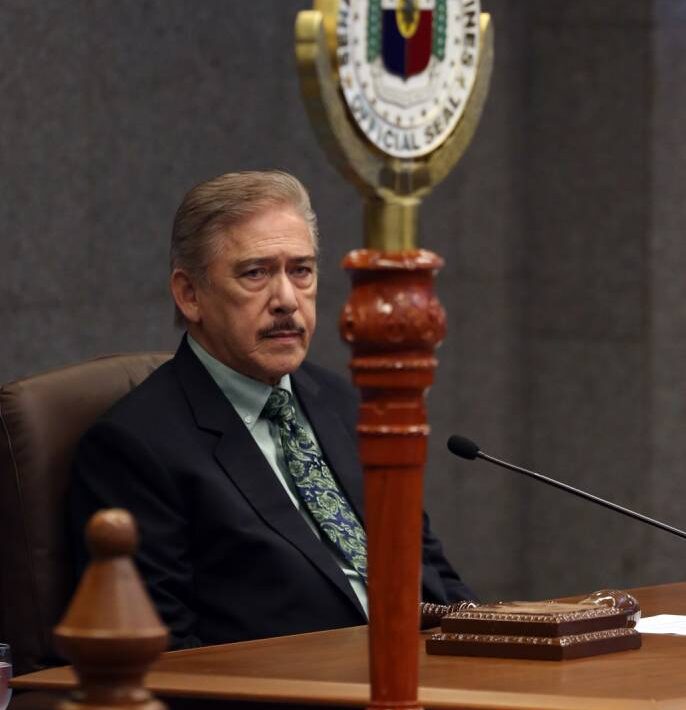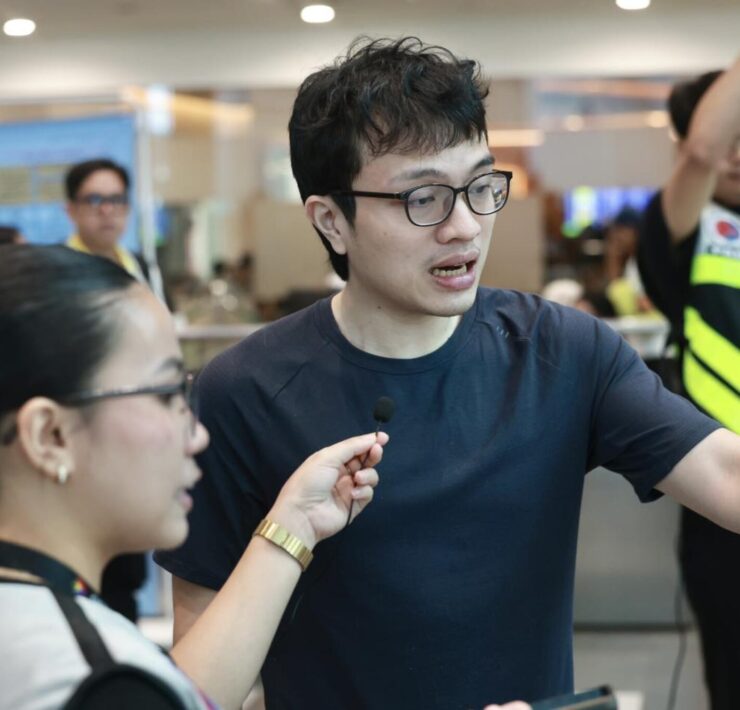SC: Chat logs, videos admissible as evidence
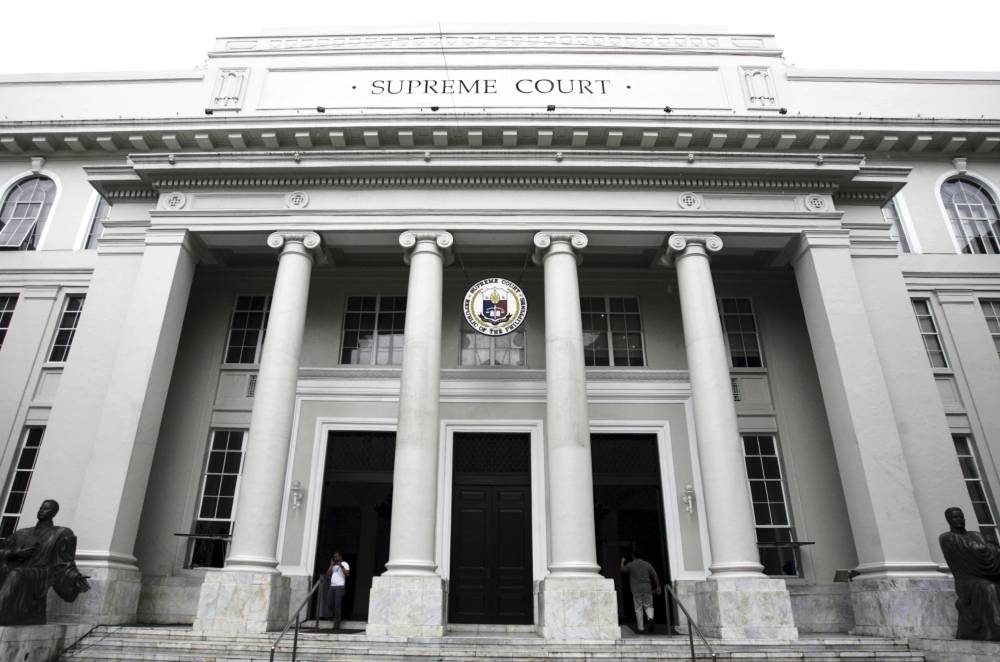
The Supreme Court has upheld the conviction of a man for qualified trafficking, affirming that the use of online chat logs and videos as evidence does not violate the right to privacy when they are used to establish whether a crime has been committed.
In an 18-page ruling promulgated on Oct. 9, 2023, and made public on Tuesday, the high court’s Second Division rejected Eul Vincent Rodriguez’s argument that his recorded chat logs and videos were inadmissible as evidence due to violations of his right to privacy.
The court clarified that Republic Act No. 10173, or the Data Privacy Act of 2012, permits the processing of sensitive personal information when it is related to determining criminal liability and necessary for the protection of lawful rights and interests in court proceedings.
Limits of wiretap law
The high court further noted that Rodriguez could not rely on RA 4200, or the Anti-Wiretapping Act, because its prohibition only applies to the interception of telephone communications through physical wiretapping.
“By no stretch of the imagination can the recording of Skype conversations and pictures be of the same nature as ‘tapping the main line of a telephone.’ Thus, the trial court properly admitted and appreciated these pieces of evidence,” the Supreme Court said in its decision, G.R. No. 263603, penned by Associate Justice Mario Lopez.
The high court effectively dismissed Rodriguez’s appeal and upheld his conviction for qualified trafficking under RA 9208, or the Anti-Trafficking in Persons Act of 2003.
Life sentence
He was sentenced to life imprisonment, fined P2 million, and ordered to pay P600,000 in damages, with legal interest of 6 percent per annum from the finality of the judgment until full payment.
The case stemmed from an investigation by the Anti-Human Trafficking Task Force of Region 7 in 2013, following a tip from the United States Immigration and Customs Enforcement.
Police Officer 3 Jerry Gambi used a decoy account to communicate with Rodriguez on various online platforms and record their exchanges.
During their initial interactions, Rodriguez offered Gambi nude shows in exchange for money, including one involving his minor cousins.
When the show began and was recorded, Gambi stopped it and arranged an entrapment operation.
He informed Rodriguez that a foreigner was staying at a hotel, and Rodriguez agreed to have a 14-year-old boy meet them there for a live nude show.
RTC conviction
During the entrapment operation, Rodriguez accepted marked money from the foreigner, posing as “Kyle Edwards,” an undercover confidential informant from the task force.
Rodriguez was arrested and charged upon accepting the payment.
The Regional Trial Court (RTC) found Rodriguez guilty of qualified trafficking, citing the credibility of the prosecution’s witnesses, whose testimony was deemed credible, corroborative, and free from improper motives.
The appellate court affirmed his conviction, noting that the chat logs and videos were relevant as they illustrated Rodriguez’s “intent, knowledge, identity, plan, system, scheme, and predisposition.”
In agreeing with the RTC and Court of Appeals, the high court emphasized that the videos and chat logs were not offered to prove the existence of qualified trafficking but used to demonstrate Rodriguez’s modus operandi in reaching out to foreigners via Skype or Facebook and offering minors for sexual exploitation.



